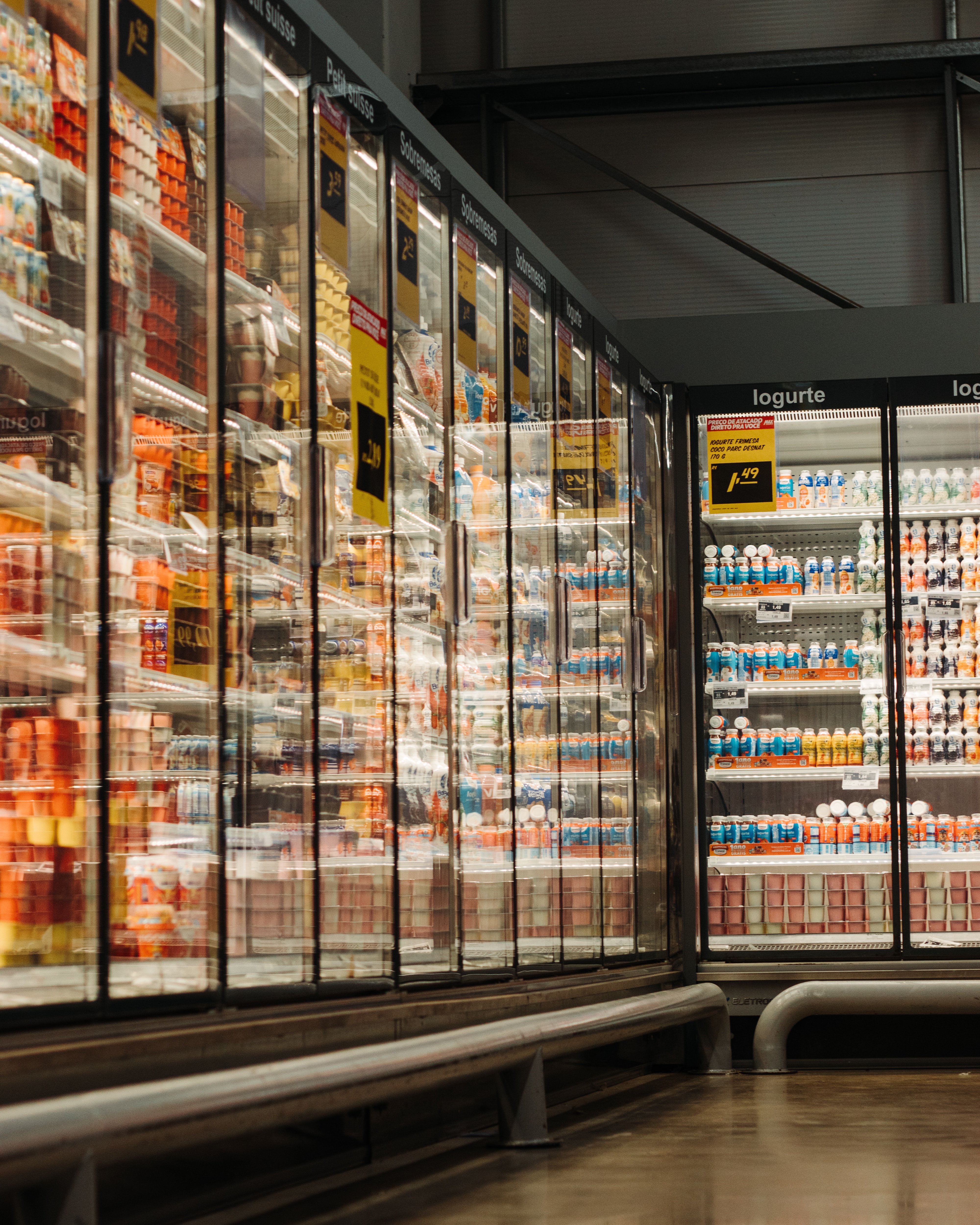Share this
by David Gibson on April 16, 2019
Retail tenants in the restaurant industry face unique challenges and opportunities with the new ASC 842 lease accounting compliance standards. While the intended purpose of the new ASC 842 lease accounting standard is to provide greater transparency regarding leasing arrangements by moving leases onto the balance sheet, it can also foster better business decision-making capabilities for restaurants. Preparing for compliance can also mean better managing your restaurant business.
While the new standards change how leases are accounted for in every industry, the restaurant industry may be especially significant. Moving all leases onto the balance sheet can change how financial statements are reported. What happens when the terms of a lease change? What if the facts and considerations believed to be sound in the original lease change? Do these modifications mean you have a new, separate lease?
As privately-owned restaurant companies prepare for the compliance deadline year-end 2019, there are some issues the right lease accounting software can help address and opportunities to improve overall lease management. Here are some actions to consider restaurant operators focus compliance with the new accounting standard:
- Conduct an inventory of all current leases. Owners of multi-unit restaurants may have hundreds of leases which will require time and resources to review and evaluate.
- Assure inclusion of separate components of agreements and subleases. Leases for restaurants may include equipment, property, software, and vehicles.
- Collect the required data for lease calculations. This could include lease terms, lease payments, economic life of the asset, and appropriate discount rates.
- Determine accounting policies. Adoption of carefully considered, practical policies can save time and manpower.
- Evaluate the impact on financial statements. Increased assets and liabilities on the balance sheet could impact agreements with lenders. A restaurant company may have 25 restaurant locations each with its own lease. How will this new leasing standard affect their loan covenants?
- Implementation of processes and procedures for lease management. Each lease will have to be closely analyzed for key information and the use of reliable lease accounting software will assist with these areas.
What can lease accounting software provide? It cannot make decisions for you, but it can provide the platform to test various leasing scenarios without every disturbing your live data. Powerful information customized to your exact specification can prevent mistakes and support better business decisions. Owners of restaurants should consider the use of a fully supported software system like CoStar to assist with implementation. CoStar offers the lease accounting software-as-a-service (SaaS) for Enterprise Lease Accounting proven to be the safest, most straightforward, fastest, and the most accessible path to compliance with the new standards.
Share this
- Lease Accounting Software (90)
- ASC 842 (83)
- Accounting Teams (53)
- Lease Administration Software (27)
- Retail Tenants (16)
- Commercial Real Estate (14)
- Lease Management (13)
- Real Estate Teams (10)
- ESG (8)
- Market Data and Analytics (8)
- Success Stories (8)
- News and Media Coverage (5)
- Transaction Management Software (2)
- frs 102 (2)
- Customer Success (1)
- Office Tenants (1)
- December 2025 (1)
- September 2025 (1)
- July 2025 (2)
- June 2025 (4)
- May 2025 (2)
- April 2025 (2)
- March 2025 (6)
- February 2025 (3)
- January 2025 (4)
- December 2024 (1)
- October 2024 (4)
- September 2024 (2)
- August 2024 (4)
- July 2024 (3)
- June 2024 (3)
- May 2024 (4)
- April 2024 (1)
- February 2024 (1)
- December 2023 (4)
- November 2023 (6)
- October 2023 (4)
- September 2023 (2)
- August 2023 (2)
- July 2023 (3)
- May 2023 (2)
- March 2023 (1)
- February 2023 (3)
- January 2023 (1)
- December 2022 (3)
- November 2022 (4)
- October 2022 (4)
- September 2022 (1)
- August 2022 (4)
- June 2022 (1)
- May 2022 (4)
- April 2022 (8)
- March 2022 (3)
- February 2022 (1)
- January 2022 (2)
- November 2021 (2)
- October 2021 (2)
- September 2021 (3)
- August 2021 (15)
- July 2021 (3)
- June 2021 (1)
- May 2021 (1)
- April 2021 (3)
- March 2021 (1)
- January 2021 (1)
- December 2020 (3)
- November 2020 (1)
- October 2020 (2)
- September 2020 (2)
- August 2020 (3)
- July 2020 (2)
- June 2020 (3)
- May 2020 (1)
- April 2020 (1)
- March 2020 (1)
- February 2020 (1)
- December 2019 (1)
- October 2019 (1)
- September 2019 (2)
- August 2019 (3)
- July 2019 (2)
- April 2019 (69)
- October 2018 (1)
- August 2018 (1)
- July 2018 (1)
- June 2018 (1)
- May 2018 (1)
- April 2018 (2)
- March 2018 (3)
- February 2018 (2)
- December 2017 (1)
- August 2017 (3)
- June 2017 (2)
- May 2017 (2)
- April 2017 (1)
- March 2017 (2)
- January 2017 (2)
- November 2016 (2)
- July 2016 (1)
- June 2016 (1)
- July 2015 (1)
- March 2015 (1)
- June 2014 (1)
- April 2014 (11)
- October 2011 (1)
You May Also Like
These Related Stories

Large Supermarket Chain Finds Recipe For Success

Seasonal Retailer Opens 900 Stores Each Year with CoStar



